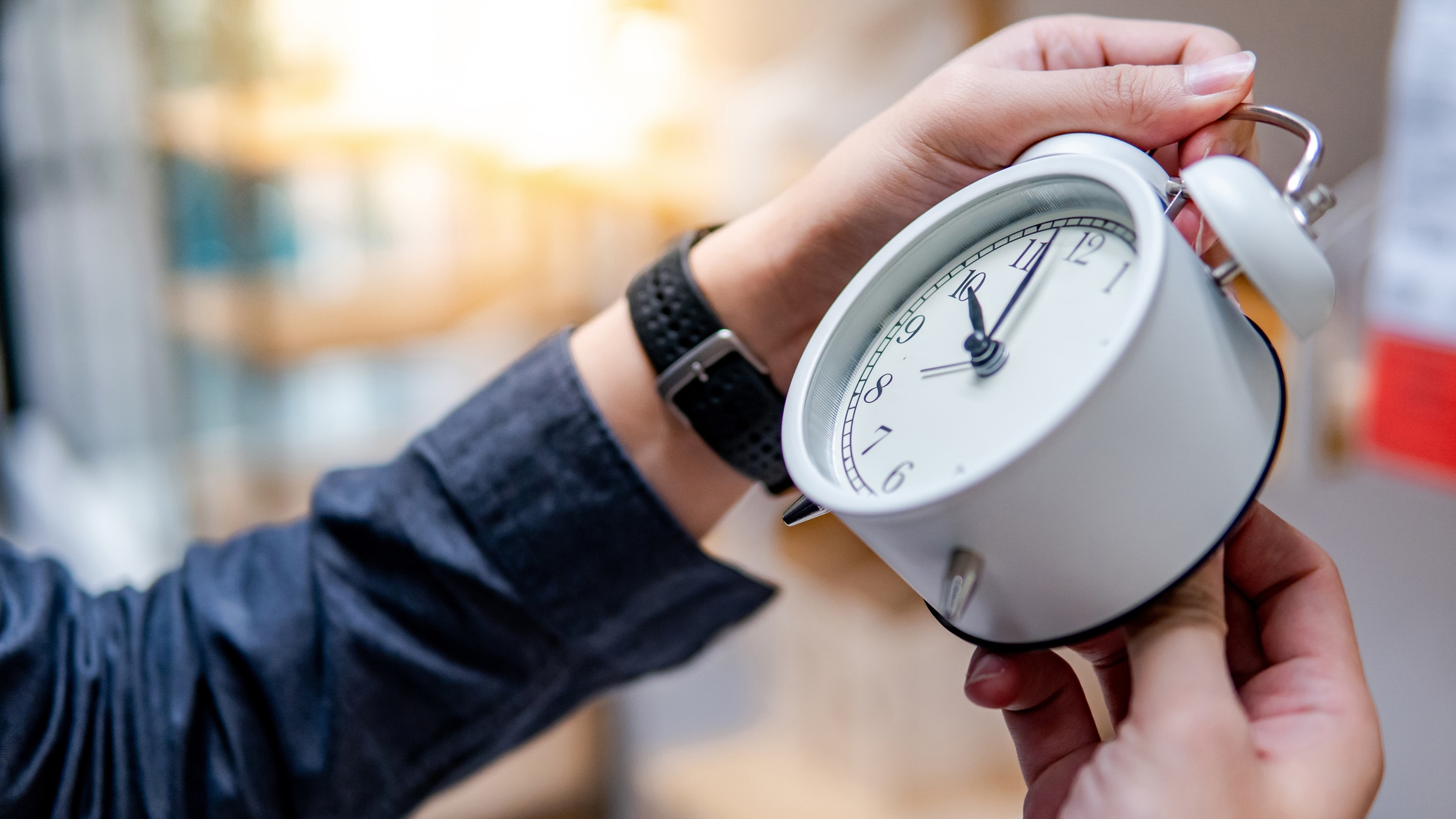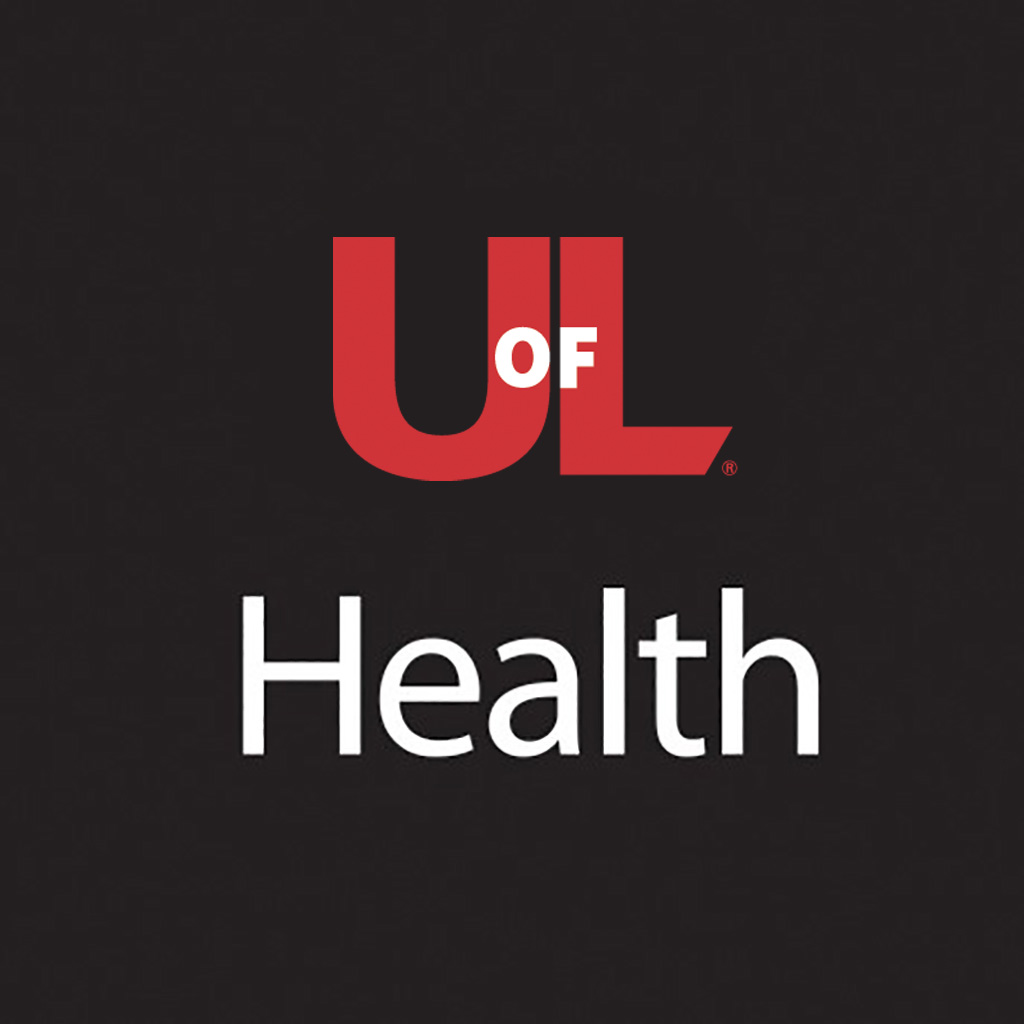
It’s almost that time of year again. On Sunday, Nov. 5 at 2 a.m., residents of the eastern U.S. will set their clocks back an hour, reverting to Eastern Standard Time from daylight saving time. While for many people it’s a welcome extra hour of sleep, for others it’s a source of anxiety as their sleep schedule adjusts.
Whether we “fall back” an hour in the fall or “spring forward” in the spring, Jay McGuire, RPSGT, RST, CCSH with UofL Physicians – Sleep Disorders Center, has some tips for dealing with time changes.
- When time changes hit in both the spring and fall, it’s important to remember the significant role exposure to light plays with regard to sleep. Do your best to increase exposure to natural light in the early morning hours, as this will help your body solidify a sleep cycle. Don’t have a window in your office? Try a desktop Bright Light Therapy device. These lamps provide intense light (10000 + lux) comparable to daylight for those who either start work before dawn, or aren’t able to let the sunshine in.
- Maintain your regular wake time! It will be difficult, but a regular wake schedule is one of the best things you can do to overcome bumps in the road like losing an hour of sleep here or there.
- Avoid caffeine and nicotine in the late afternoon and evening.
- Continue your regular exercise routine.
- Don’t sweat it! Anxiety about changing sleep schedules can itself cause insomnia. Your body knows what to do, so if you find yourself having issues with worry about sleep, try to focus on relaxing and letting the “ZZZZs” take care of themselves.
McGuire said most people won’t need to adjust their sleep schedule in advance and will be able to deal with the time change just fine. But those who are particularly susceptible to time changes could try adjusting their sleep schedule in increments leading up to the change – for example, going to bed or waking up 10 minutes earlier or later each day.
Do you have a sleep problem?
When it comes to sleep problems, though, time changes usually aren’t the problem, McGuire said. Here are some signs you might have a sleep problem:
- You feel tired during the day
- You have trouble sleeping, or staying asleep
- Something unusual happens when you sleep
- You snore while you sleep
“Daytime fatigue is a big indicator that something is going on,” said McGuire. “If you have any of the issues above, this is an indicator that you may need to see a doctor.”
To schedule a sleep evaluation
UofL Health offers three accredited sleep centers where patients can schedule a sleep evaluation:
- UofL Health – UofL Physicians Sleep Center at 502-588-0480
- UofL Health – Shelbyville Hospital Sleep Center at 502-647-4276
- UofL Health – Medical Center East Sleep Center at 502-259-6307
Patients may be referred by a doctor or request an evaluation themselves. The Sleep Center’s staff can advise whether a referral is needed for a particular insurance plan.









